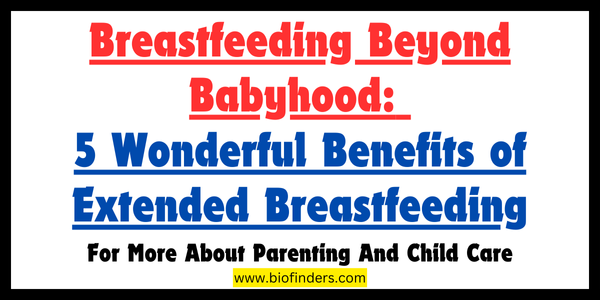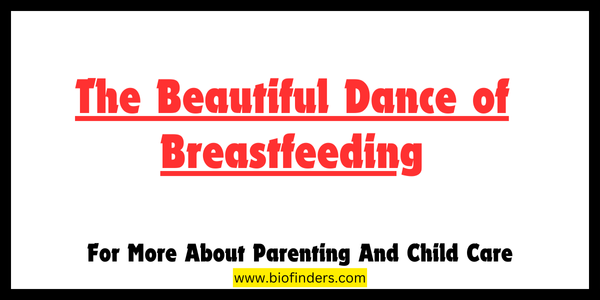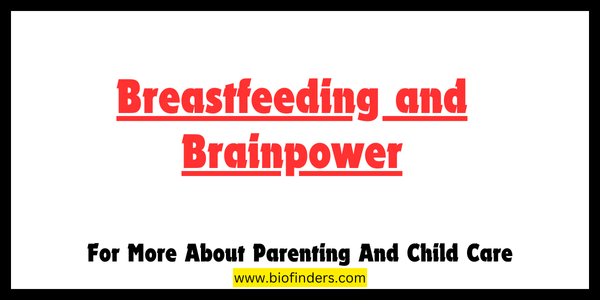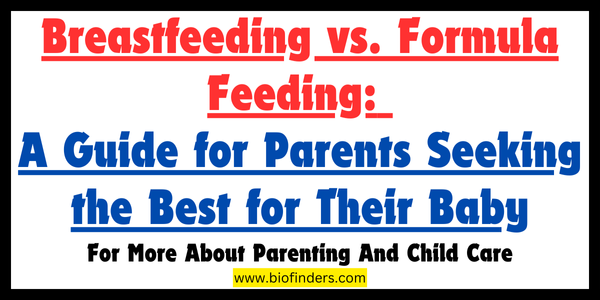For many parents, breastfeeding is a natural and cherished part of the early infant stage. But what about continuing to breastfeed after your little one turns one? This practice, known as extended breastfeeding, can offer a wealth of benefits for both infants and toddlers, yet it’s often met with societal confusion or even disapproval. Let’s delve into the world of extended breastfeeding, exploring its advantages for your child’s health and development, your own well-being, and ways to navigate societal perceptions.
Understanding Extended Breastfeeding: It’s Not Just About Food
Extended breastfeeding is defined by the World Health Organization (WHO) as breastfeeding a child beyond the age of one year, alongside the introduction of complementary foods. This can continue for as long as both mother and child are comfortable. It’s important to distinguish extended breastfeeding from exclusive breastfeeding, which refers to providing only breast milk for the first six months of life.
A Nutritional Powerhouse: The Enduring Benefits of Breast Milk for Toddlers
Breast milk is a dynamic and ever-changing source of nutrients that adapts to your child’s evolving needs. Even after one year, breast milk continues to provide:
- Essential antibodies: These help fight off infections and illnesses, reducing the risk of ear infections, respiratory problems, and diarrhea.
- Long-chain fatty acids: Crucial for brain development and cognitive function.
- Optimal hydration: Breast milk keeps your toddler well-hydrated, especially important during growth spurts or hot weather.
- Iron stores: Breast milk is a rich source of iron, vital for preventing anemia, especially in toddlers with limited dietary iron intake.
Beyond the Bottle: The Emotional and Developmental Advantages of Extended Breastfeeding
While the nutritional benefits are undeniable, it offers a whole spectrum of advantages for your child’s emotional and developmental well-being:
- Comfort and Security: It provides a familiar source of comfort and security, helping toddlers cope with emotional upsets, separation anxiety, or unfamiliar situations.
- Bonding and Attachment: The close physical contact during the feeding strengthens the parent-child bond, fostering trust and emotional security.
- Pain Relief: It can be a natural pain reliever for minor scrapes, bumps, or teething discomfort.
- Sleep Support: Studies suggest that it can promote better sleep patterns for toddlers, leading to a well-rested and calmer child.
The Power of Two: Extended Breastfeeding and Maternal Health Benefits
The advantages of extended breastfeeding extend beyond your child. Mothers who breastfeed for longer durations may experience:
- Reduced risk of certain cancers: It is linked to a lower risk of breast and ovarian cancer.
- Delayed return of menstruation: This can be helpful for mothers who wish to space pregnancies naturally.
- Weight management: It can help burn extra calories and support postpartum weight loss.
- Emotional well-being: It can release hormones that promote relaxation and reduce stress and anxiety.
Beyond the Myths: Addressing Societal Perceptions of Extended Breastfeeding
Despite the clear benefits, it can be met with social stigma or disapproval. Here’s how to navigate these challenges:
- Know Your Rights: Many countries have laws protecting a mother’s right to breastfeed in public. Familiarize yourself with these regulations.
- Confidence is Key: It is a natural and healthy choice. Hold your head high and remember you’re doing what’s best for your child.
- Find Your Village: Surround yourself with supportive friends, family, and healthcare providers who understand and encourage your decision.
- Normalize the Conversation: Talk openly about your breastfeeding journey with others. By fostering understanding, you can help break down negative stereotypes.
Supporting Your Extended Breastfeeding Journey: Tips for Parents
Here are some practical tips to make your extended breastfeeding journey smoother:
- Gradual Weaning: If you decide to wean your child eventually, do so gradually and at a pace that feels comfortable for both of you.
- Discreet Feeding: Invest in breathable nursing covers or find private spaces if you feel more comfortable.
- Partner Up: Get your partner or support person involved by helping with distractions or offering emotional support during breastfeeding sessions.
- Seek Guidance: Don’t hesitate to reach out to a lactation consultant or breastfeeding support group for advice and troubleshooting.
Remember, the decision to breastfeed for an extended period is a deeply personal one. Trust your instincts, listen to your child




Leave a Reply